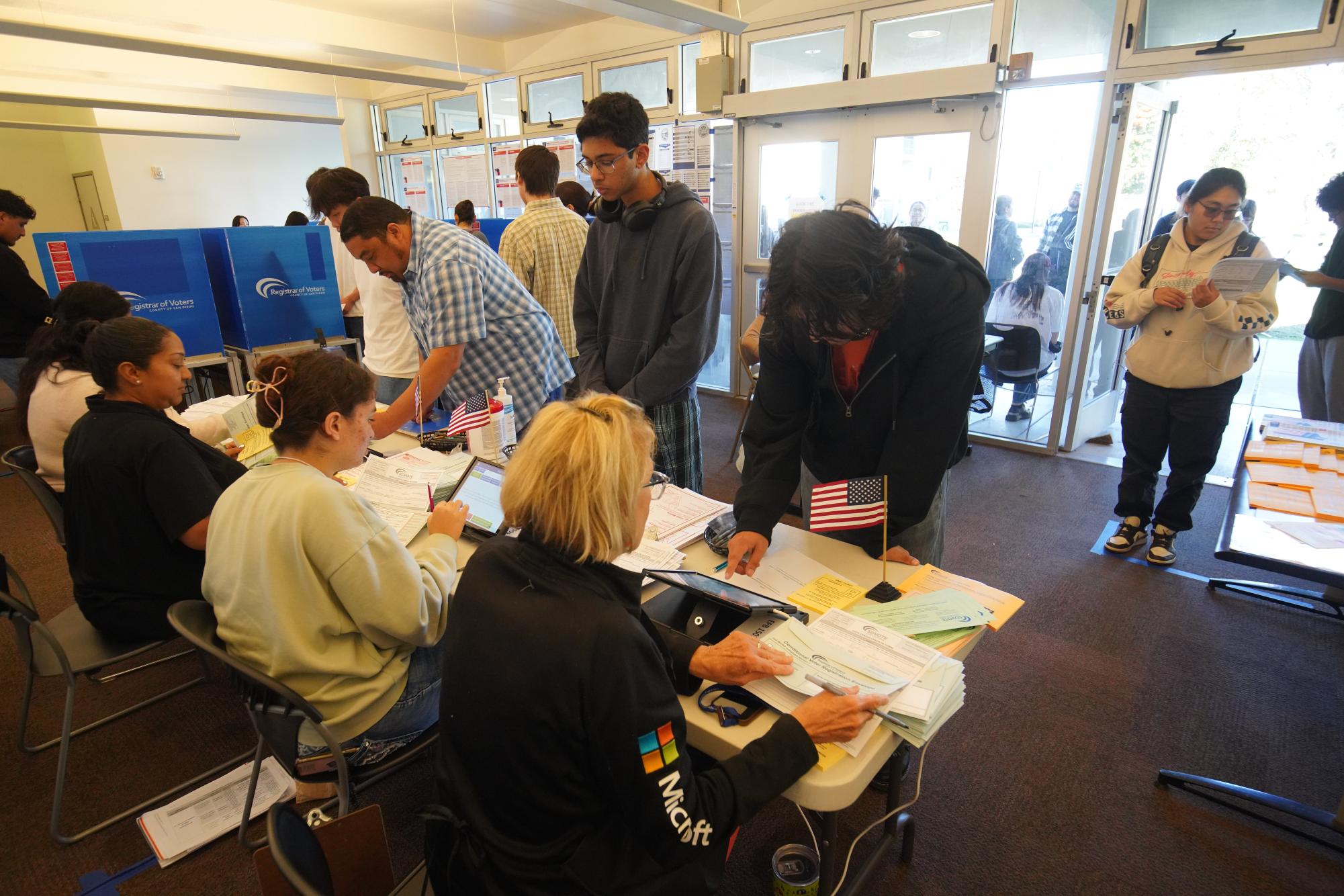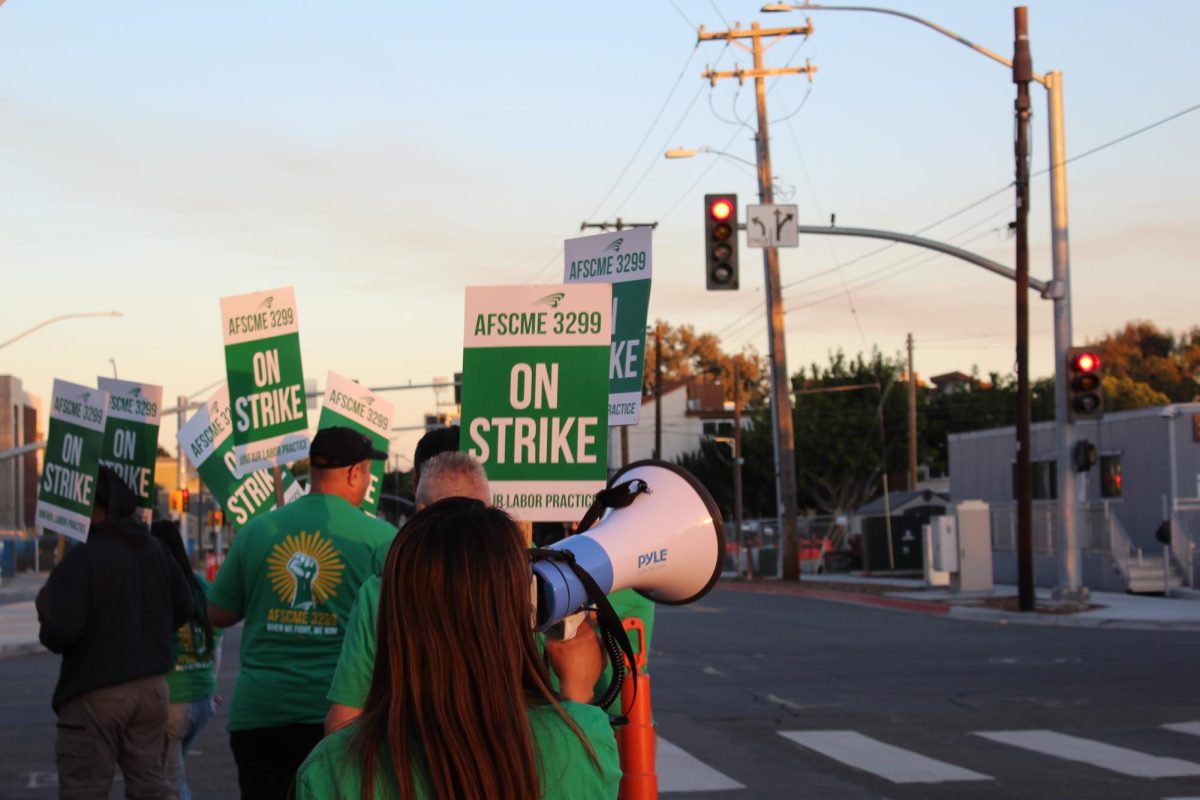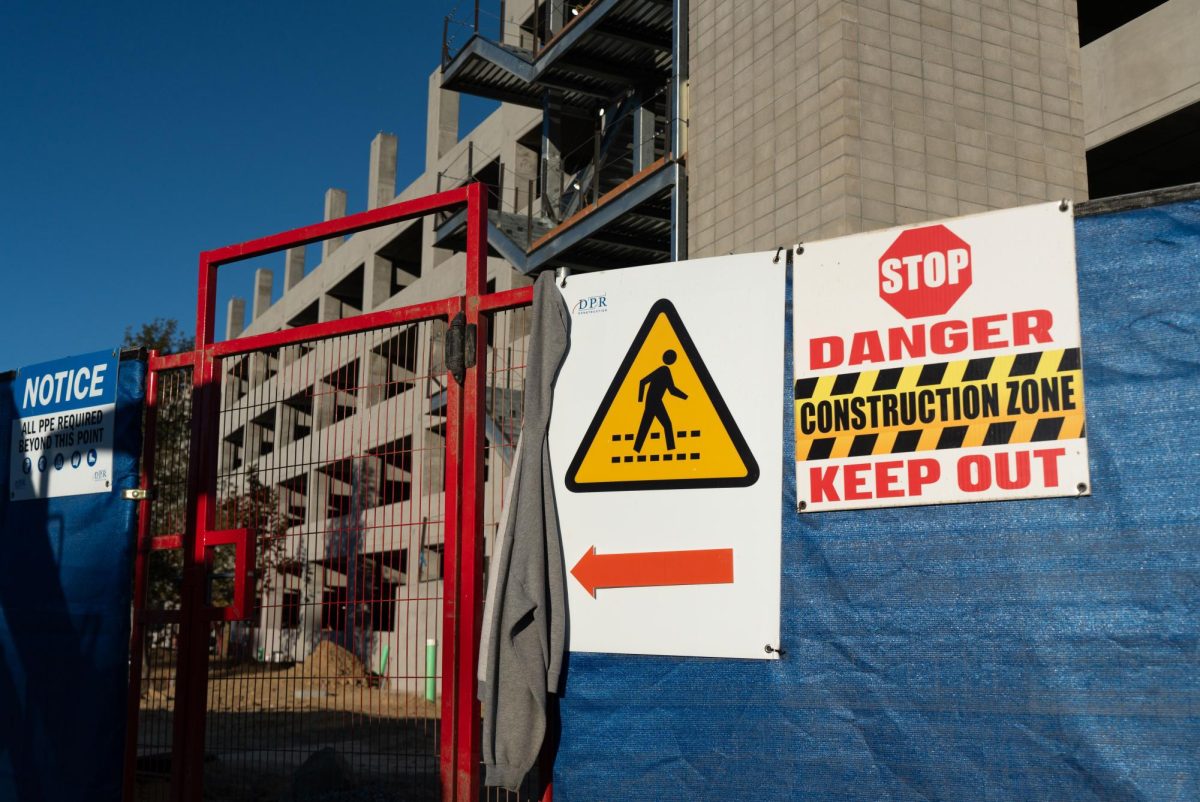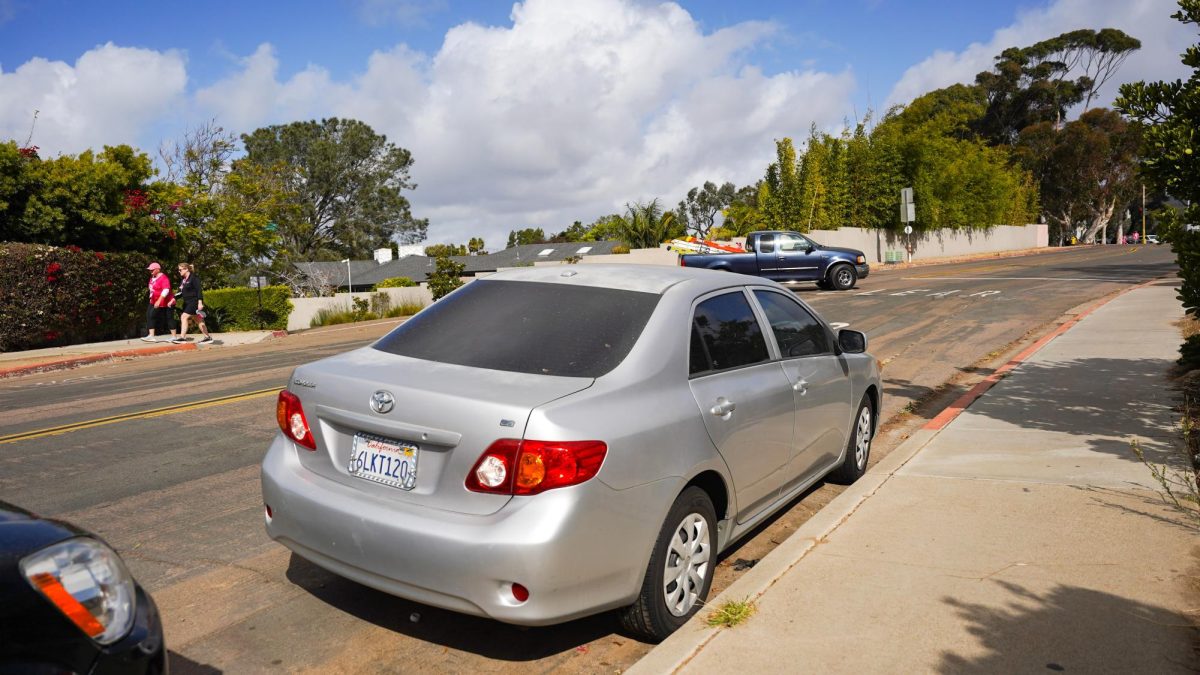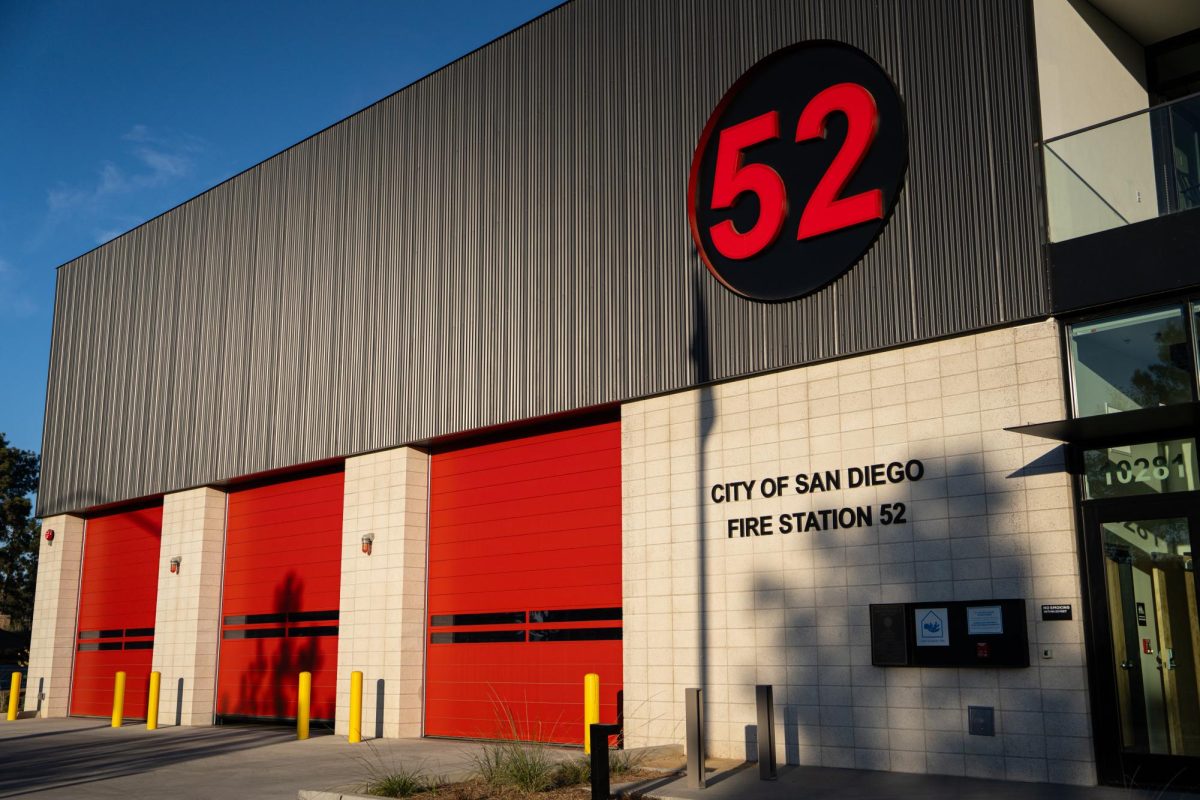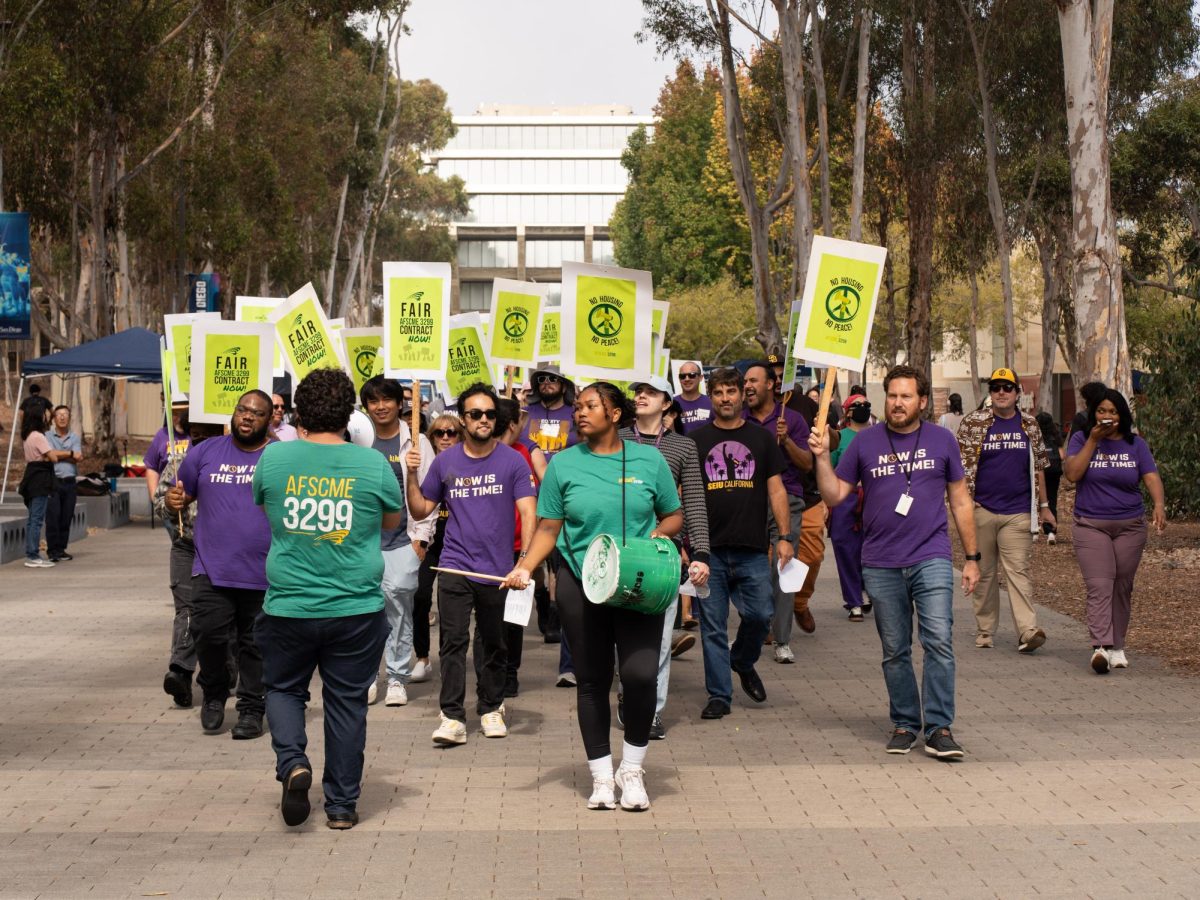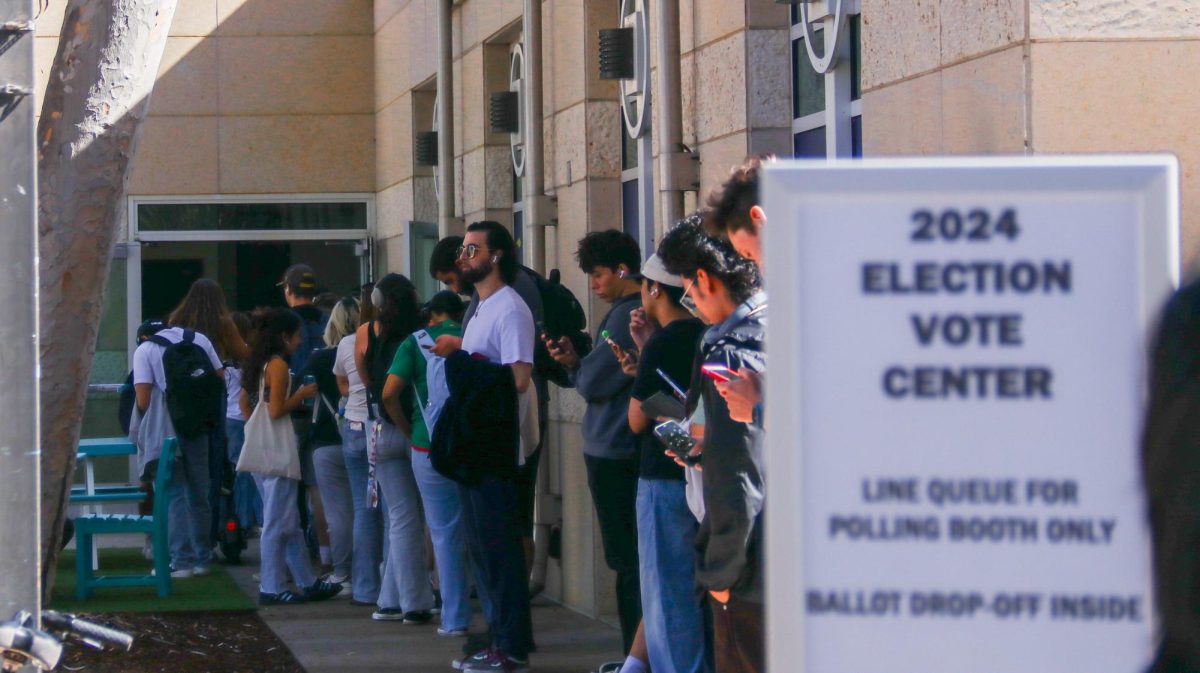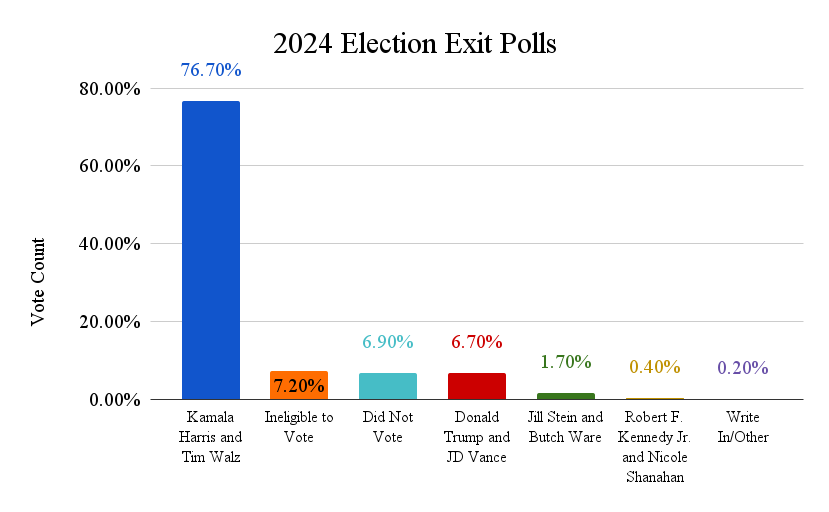The UCSD Guardian compiled results from the 2024 election. Congressman Adam Schiff (D) won the California Senate race. The House of Representatives 50th District and the 77th District in the state Assembly were called in favor of the incumbent candidate. Races for San Diego mayor, District 3 of the board of supervisors, and city attorney are not officially called yet.
Multiple propositions remain uncertain, as votes continue to be counted. Some measures within San Diego are also not called at this time.
U.S. Senate Election
United States Congressman Adam Schiff (D) won the California seat up for grabs in the Senate with 57.2% of votes, while former MLB player Steve Garvey (R) received 42.8% of votes. This race was called by The Associated Press on Nov. 6. Schiff won the election for both the six-year term beginning January 2025 and the remainder of the current term.
Schiff’s platform emphasizes protecting democracy, housing affordability, and creating a green economy to fight climate change.
House of Representatives: California’s 50th District
Incumbent Representative Scott Peters (D) received 62.7% of votes, winning California’s 50th District seat in the House of Representatives. Peters has served as the 50th District representative since 2023 and previously served as the 52nd District representative from 2013 to 2023. His opponent Peter J. Bono (R) received 37.3% of votes. This race was called by The Associated Press on Nov. 5.
Peters’ campaign is focused on tackling climate change, affordable housing shortages, instating abortion rights as federal law, and enforcing gun control. This re-election grants Peters a two-year term beginning January 2025.
In response to The UCSD Guardian’s request for comment, Peters expressed his goals moving forward with the re-election.
“I’ll continue to fight for equal rights, abortion rights, immigration reform, and to protect voting rights and our democracy”, he said.
“When it’s time to fight for what’s right, to protect the vulnerable, to defend the Constitution, to stand up for the rule of law, I will do so fiercely and wholeheartedly, and with all my strength. Anyone unwilling to do the same does not belong in Congress.”
State Assembly: 77th District
Incumbent Representative Tasha Boerner (D) won the seat for re-election in the race for state Assembly. This race was called by CBS, on Nov. 6, 2024. Boerner received roughly 60% of the vote, while her opponent James Browne (R) received roughly 40% of the votes to represent the 77th District in the state Assembly.
Boerner ran on a platform that seeks to protect the local environment, increase support for public schools, and make community college free. Her platform also states that she advocates for active-duty service members and veterans, as well as reducing response times for first responders in San Diego.
Boerner has served three consecutive terms on the state Assembly since 2018, and this re-election will grant her a fourth two-year term. Assemblymembers can serve up to six terms, for a total of 12 years.
Board of Supervisors: 3rd District
Incumbent Supervisor Terra Lawson-Remer (D) is currently ahead in the vote tally for her re-election to the 3rd District for the board of supervisors. Lawson-Remer ran on a platform focused on protecting the environment, addressing homelessness, and increasing gun safety.
In an interview with The UCSD Guardian, Lawson-Remer explained some of her goals, if re-elected to the board of supervisors.
“My big priorities are cleaning up all the sewage that’s coming across from Tijuana, continuing to get really serious about the cost of housing in San Diego, and trying to bring rents down,” she said, “[also] making San Diego a safe haven for choice no matter what happens in the rest of the country, and building up more mental health and substance abuse treatment facilities to help folks that are unhoused in our communities.”
Lawson-Remer is running against former San Diego Mayor Kevin Faulconer (R) in her bid for re-election. Faulconer’s platform is focused on addressing the homelessness crisis, increasing funding to the police, and building new homes to increase affordable housing options.
So far, this is a tightly contested race. According to the state constitution, the board is officially non-partisan. However, incumbents Nora Vargas (D), Monica Montgomery Steppe (D), Joel Anderson (R), and Jim Desmond (R), represent a partisan balance in the District 3 board of supervisors. If re-elected, Lawson-Remer will re-establish the Democratic majority.
As of October, this race was one of the most expensive in the county, with a combined $5.6 million spent on this district.
Mayor of San Diego
Incumbent Mayor Todd Gloria (D) took an early lead during the mayoral election, standing at 54.6% of votes as of Nov. 6, according to KPBS. San Diego Police Department Community Relations Officer Larry Turner (I) stands at 45.4% of votes. Gloria was elected as the mayor of San Diego for a first term in 2020.
Gloria’s campaign aims to fight homelessness through allocating people into shelters and maximizing shelter spaces. Gloria’s campaign also focuses on enforcing public safety, expanding low-income housing, and repairing infrastructure.
Turner is running a platform with the goal of reducing homelessness, arguing that Gloria is the root cause of high homelessness rates. Turner’s campaign emphasizes strengthening the U.S-Mexico border, building more market rate housing, and ensuring public safety. Turner has served as SDPD’s community relations officer since 2016.
If Gloria is elected, he will serve a four-year term, and this upcoming term will be his second consecutive term as mayor.
San Diego City Attorney
Heather Ferbert (D), holds a lead in the race for San Diego city attorney against Brian Maienschein (D). Ferbert has amassed roughly 56% of the vote, while Maienschien holds about 44% of the vote. This race has not yet been called, according to KPBS.
Incumbent San Diego City Attorney Mara Elliot endorsed Ferbert for this election. According to the San Diego Union Tribune, Ferbert plans to run for the Office of the City Attorney similarly to Elliot.
Ferbert’s platform seeks to take on homelessness, gun violence, and domestic violence. She has served as chief deputy city attorney for the last 10 years.
Maienschien’s platform emphasizes public safety, preserving reproductive rights, and increasing transparency to avoid corruption. He has endorsements from the San Diego Democratic Party, the Planned Parenthood Action Fund, the San Diego Police Officers Association, and San Diegans for Gun Violence Prevention. Maienschein has served as a state assemblymember since 2012.
Controversy regarding this election arose in 2023. Ferbert’s campaign challenged Maienschien’s eligibility to run for city attorney, on the grounds that he did not have enough experience practicing law. According to KPBS, Maienschien called this move from Ferbert’s campaign a “frivolous political stunt.”
If Ferbert maintains her lead, she will be elected to serve her first four-year term as the San Diego city attorney.
Propositions
Link to ballot measures
Proposition 2: As of Nov. 6, 2024, Proposition 2 is not called according to the AP. Currently, “Yes” votes total up to roughly 57%, and “No” votes amount to roughly 43%. If Proposition 2 passes, $10 billion in bonds will be authorized for use in construction and repair of facilities at public K-12 schools and California Community Colleges.
Proposition 3: Proposition 3 passed with a 63% vote in favor of establishing a constitutional right to marriage in California, regardless of sex. The AP called this race on Nov. 5, 2024. This proposition removes language from the state’s constitution banning same-sex marriage, making marriage a fundamental right.
Proposition 4: Proposition 4 passed with a 57.9% approval vote, allowing the state government to authorize $10 million in bonds to enforce wildlife protection, water conservation, and land protection. The AP called this race on Nov. 6, 2024. This proposition allows the state to borrow money to fund natural resource conservation efforts, which include wildfire prevention and tackling possible drought threats.
Proposition 5: As of Nov. 6, 2024, Proposition 5 is not called according to the AP. Currently, “No” votes make up about 56% of votes, and “Yes” votes amount to roughly 44%. If passed, Proposition 5 would reduce the threshold for votes required to approve bonds for improving infrastructure and building new housing from two-thirds majority to a 55% voter approval.
Proposition 6: As of Nov. 6, 2024, Proposition 6 is not called according to the AP. Currently, “No” votes lead the race with about 55% of the vote, while “Yes” votes represent about 45%. Proposition 6 would ban any form of slavery in the state by repealing language in the state’s constitution allowing “involuntary servitude as punishment for a crime,” if passed.
Proposition 32: As of Nov. 6, 2024, Proposition 32 is not called according to the AP. Currently, “No” votes represent about 52% of the vote, and “Yes” votes amount to about 48%. The proposition would raise the minimum wage in California to $18. If passed, the proposition would go into effect in 2025 for employers with greater than 25 employees, and would go into effect in 2026 for employers with fewer than 25 employees.
Proposition 33: Proposition 33 did not pass with a 62% vote against the measure that would repeal the 1995 Costa-Hawkins Rental Housing Act. The AP called this race on Nov. 6, 2024. The Costa-Hawkins Act will remain the rent control policy in California and maintain legislation that limits the role local governments play in creating rent control policies. The 1995 act will also uphold a policy known as “vacancy decontrol,” which gives landlords the authority to implement initial renting rates for new tenants.
Proposition 34: As of Nov. 6, 2024, Proposition 34 has not been called, according to the AP. Currently, “Yes” votes lead the race with 51.5% of the counted total, and “No” votes follow, representing 48.5% of the counted votes. If passed, Proposition 34 would require “certain providers to spend 98% of revenues from the federal discount prescription drug program on direct patient care,” according to the official California Voter Guide.
Proposition 35: Proposition 35 passed with a 67% approval rate, allowing California to instate a permanent tax on “managed healthcare insurance plans.” The AP called this race on Nov. 5, 2024. The instated tax allocates more funding for healthcare providers and doctors that take Medi-Cal patients. A version of this tax has existed in the state since 2009 and is now a permanent tax within the state.
Proposition 36: Proposition 36 passed with a 70.4% vote in favor of “allowing felony charges and increases in sentences for certain drug and theft crimes.” The AP called this race on Nov. 5, 2024. This proposition allows the state to extend felony sentences, charge misdemeanors as felonies, and require jail time for felony sentences, if the defendant has two or more prior drug or theft convictions.
Measures
Measure G: Currently, 52.1% of San Diego County voters have voted “No” on Measure G, according to KPBS. A “No” vote on Measure G indicates that the San Diego County sales tax rate will not be raised by 0.5% to help fund public transportation projects and road repair. This turnout means that funding for San Diego transportation services will not derive from direct sales taxes.
Measure C: Measure C passed with roughly 68% of votes favoring the elimination of primary elections for the San Diego Unified School District Board of Education, when two or fewer candidates are campaigning for a position. Primary elections will now only be used when three or more candidates are running for a position.
Measure D: According to CBS, Measure D currently has a 72% approval rating, indicating that it is likely to pass. This means the San Diego Ethics Commission is going to be made further independent from political agendas. This measure dictates that the commision can only be dissolved by voters, can retain legal counsel separate from the city attorney, and that the executive director can control rules and policies within the Ethics Commission without City Council approval. The passing of this measure also means that the City Council cannot remove powers from the Ethics Commission.
Measure E: As of Nov. 6, the vote on Measure E is not called according to the AP. According to CBS, the vote currently stands at 50.72% “No” and 49.28% “Yes.” If passed, Measure E, also known as the San Diego Transaction and Use Tax, would implement an increase of 1% on San Diego city transactions, raising the percentage of total sales tax from 7.75% to 8.75% to invest in infrastructure upgrades. This will fund street repair, park upgrades, and general city renovations. If implemented, this measure would raise approximately $400 million per year.
Measure HH: As of Nov. 6, the vote on Measure HH has not been called by the AP. The vote currently stands at 80.35% “Yes” and 19.65% “No.” If implemented, Measure HH authorizes the San Diego Community College District to utilize $3.5 million in bonds for district facility renovations, career preparation for students, and resources for homeless and veteran students.
Presidential Election
Donald Trump (R) won the 2024 Presidential Election with 295 Electoral College votes and also won the popular vote. Kamala Harris (D) received 226 electoral votes. Harris conceded the presidential election to Trump on Nov. 6 at around 11 a.m.


